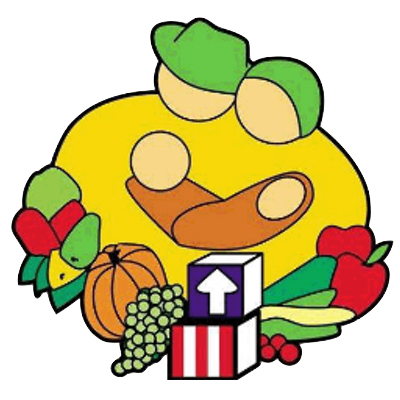MSHS Programs
Migrant and seasonal farmworkers work in various sectors of our nation’s agriculture industry – from harvesting to sorting to processing and everything in between. It is hard work and requires special skills. According to a report by the U.S. Department of Labor, farmworkers’ average total family incomes for 2017-2018 were between $25,000 and $29,999. Thirty-one percent of farmworkers had family incomes below the poverty level in 2017-2018.
Migrant & Seasonal Head Start was a response to the needs of migrant farmworker families. In most states, local early childhood education resources are not available when migrants come into a community, especially for infants and toddlers. When resources are not available, parents have no choice but to take the children to the fields where they are exposed to pesticides, hazardous equipment, extreme heat and other health dangers.
Unique Programs
Migrant & Seasonal Head Start programs are different from other Head Start programs. Our programs are designed to meet the unique challenges and opportunities faced by migrant children and seasonal farmworker children. Because of the nature of farm labor, children need full day services – often from 6 a.m. to 6 p.m. and often 6 days a week. In many states, MSHS programs operate from May to October, rather than the typical school year schedule, and of course, many of the families and children are on the move for much of the year and need services at different times, in different states and locations.
Operating in 34 states, MSHS programs strive to provide coordinated services to mobile families as they migrate from state to state. Programs work to ensure that academic and medical records are transferred with the families and children and when possible that children are placed in a MSHS Program after they move on. MSHS Programs partner with other social and health service organizations and with agencies throughout the country that serve children and families working in seasonal agriculture.
Migrant & Seasonal Head Start is an important resource for families and provides a critical service to the agricultural industry. Like all American families, farmworker families continue to work hard for one primary reason: to give their children a better life. However, while farmworkers work nearly round the clock during peak harvest seasons, many times they do not have a clean, safe place for their children so that children are often left in the care of other children, or worse, are taken to the fields. This is a situation that neither farmworkers nor agricultural growers want – having children in the fields is not safe and hinders work productivity. MSHS provides services for children of farmworkers, keeping them out of the fields and harm’s way.
Facts About MSHS Programs
- Serve nearly 26,000 migrant and seasonal children annually
- Operate in 34 states in every region of the country
- Provide coordinated services to mobile families and children as they migrate from state to state
- Are seasonal in nature providing services in some areas for 2 months and other area for 10 months
- Provide extended hours service, 12 hours a day, and often 6 days a week
- Have served migrant children and families since 1969
- Have served seasonal children and families since 1999
MSHS was a response to the needs of migrant farm worker families. In most states, local childcare resources are not available when migrants come into a community, especially for infants and toddlers. When resources are not available, parents have no choice but to take their children to the fields where they are exposed to pesticides, hazardous equipment, extreme heat and other health dangers.
For more information about the history of MSHS watch the following videos, courtesy of Community Action Partnership of San Luis Obispo County (CAPSLO):
